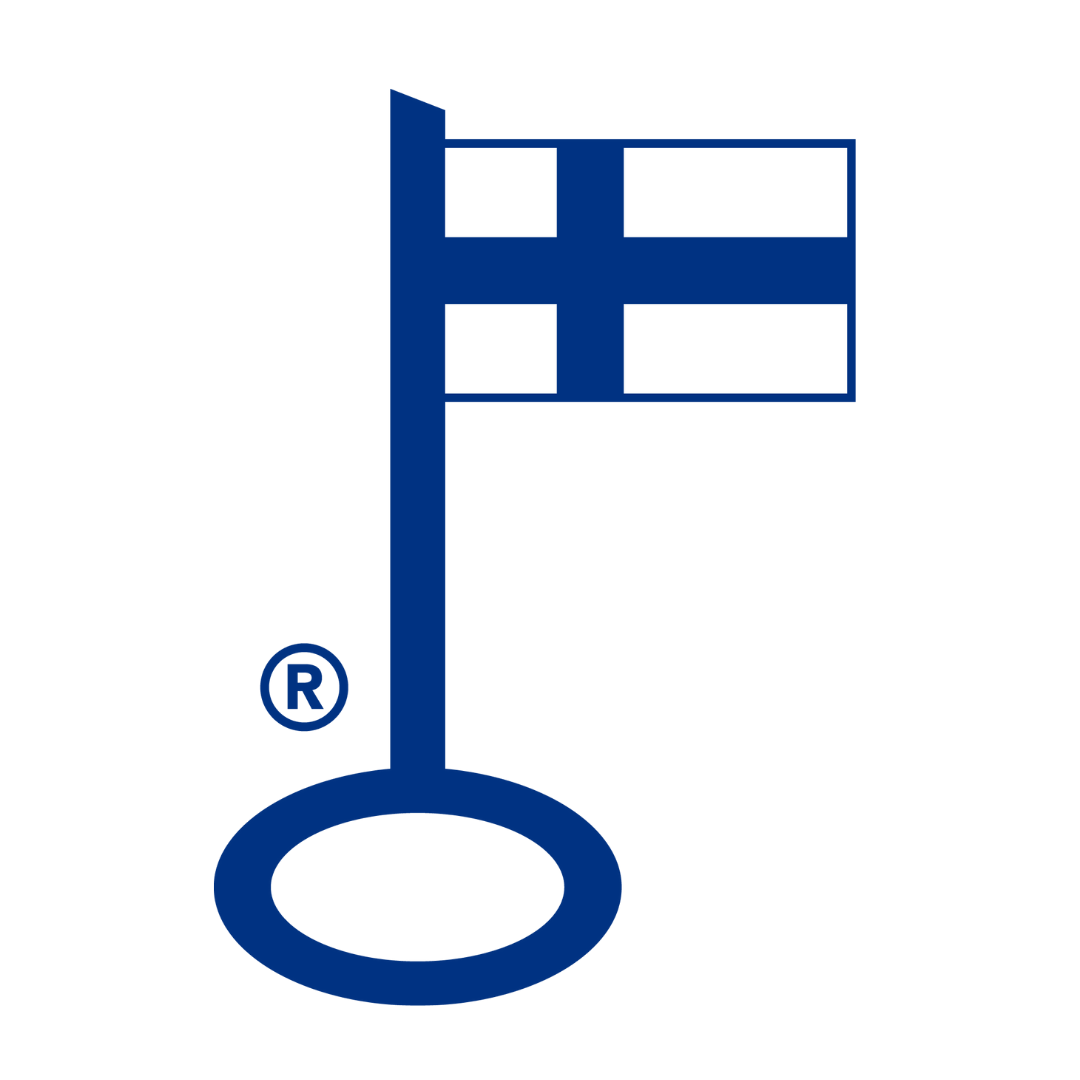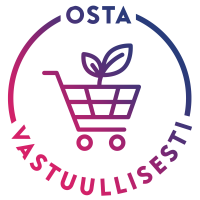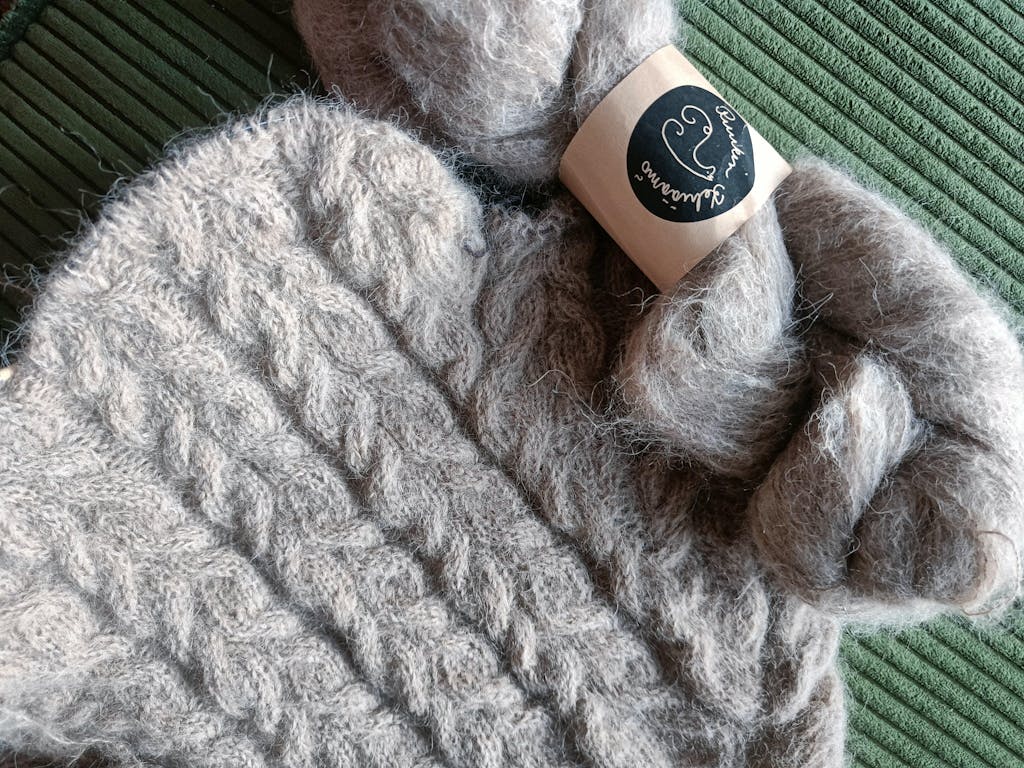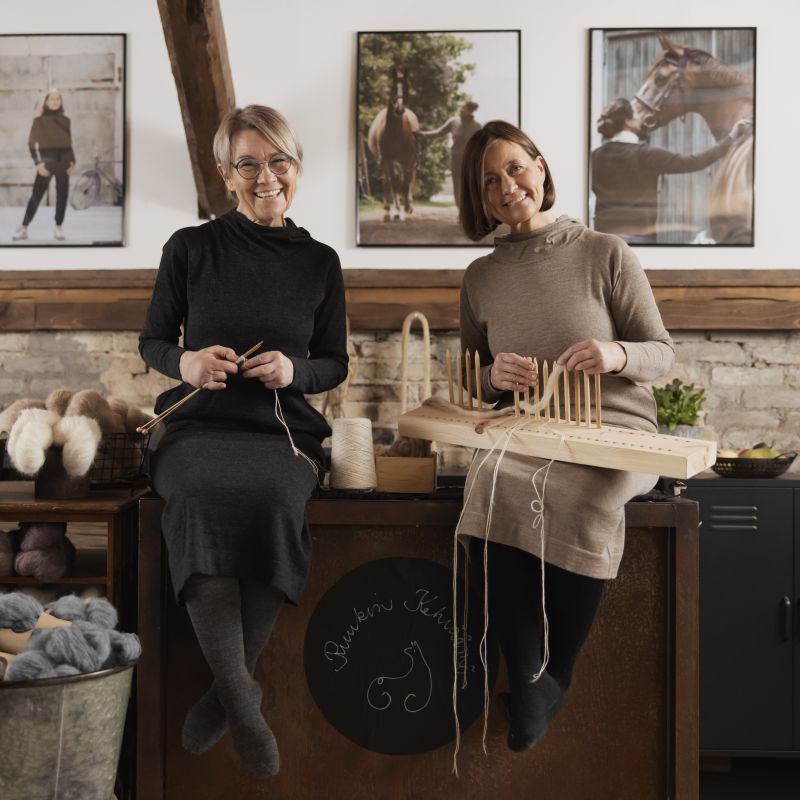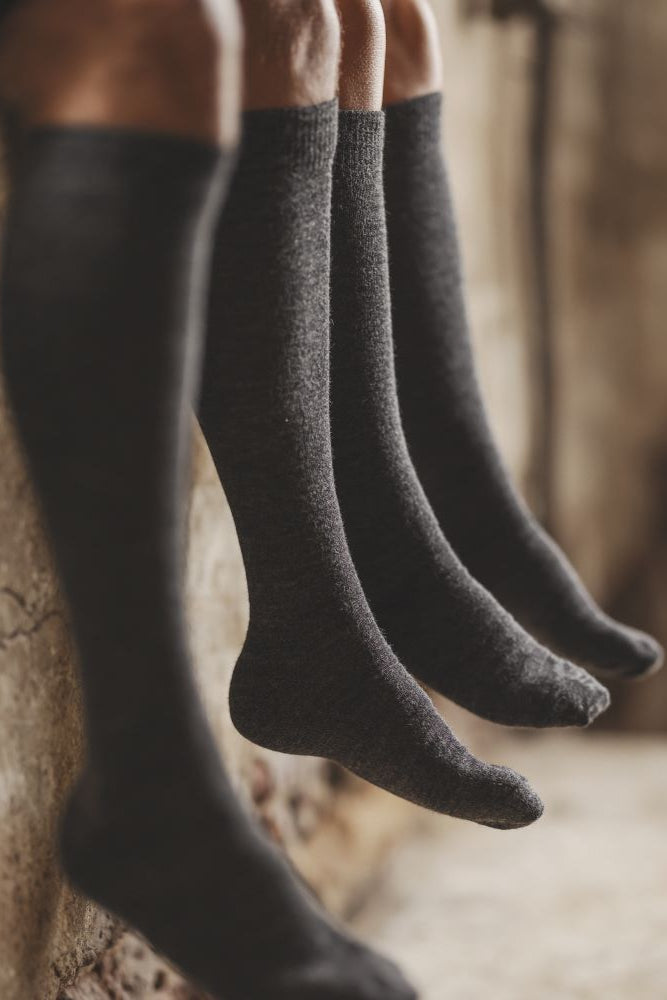
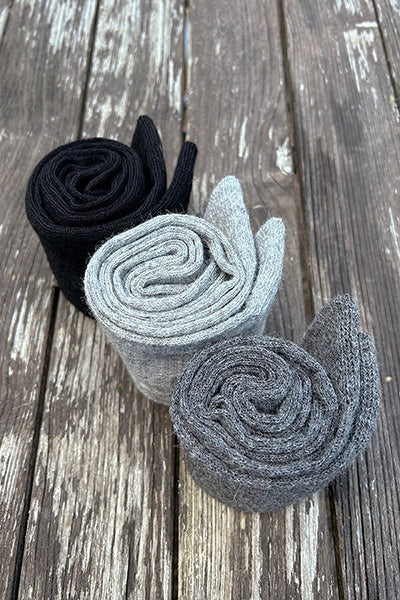
Knee socks
Soft knee-high socks made from alpaca wool
The unique properties of alpaca wool make our knee-high socks an ideal choice for both everyday wear and demanding activities such as horseback riding or hiking. They are soft and breathable, and withstand repeated use well.
Material:
- 80% Superfine alpaca, 15% polyamide, 5% elastane
Features:
Ruukin Kehräämö´s responsible production chain uses high-quality alpaca fiber in beautiful natural shades. It retains its natural properties and is also suitable for sensitive skin.
- Breathable and heat-regulating
- Naturally moisture and dirt repellent
- No odors
- Transfers moisture from the skin better than technical fibers
- Hypoallergenic and antibacterial
Care of Knitwear: Ventilation / hand wash or washing machine hand wash program
Country of manufacture: Finland
Manufacturer: Ruukin Kehräämö
The delivery fee within the country is €10. Orders over €150 are delivered free of charge. The delivery fee to other parts of the world is €30. We will ship all orders within 1−6 business days after the order is placed. Read the detailed shipping policies by opening the link.
The customer has a 14-day exchange and return policy. Read the detailed return policies by opening the link.
Notification of the return must be made in advance using the return form or by email to posti@ruukinkehraamo.fi.
The customer is responsible for the costs associated with exchanges and returns unless otherwise agreed.
The socks are best freshened by airing and only need to be washed rarely. Wash by hand with wool detergent or on the hand wash program in the washing machine, at a maximum temperature of 30°C. Avoid spinning or using fabric softener, and dry your socks flat, for example by squeezing them inside a towel, never in a dryer. Store your socks folded rather than tightly rolled.
1. Why doesn't our collection include any colorful knitwear at all?
We want to follow nature's own color palette in our collection. All the shades we use replicate alpaca colors found in nature, of which there are nearly thirty in total. The Alpaca Royal fiber used by Ruukki Spinning Mill is only dyed if that particular color is not available undyed. Dyeing is always done under supervision, using the safest and most responsible REACH- and GOTS-certified methods.
Alpaca Royal -fiber does not require any additional chemical treatments. All chemical processes wear down fibers and damage their surface structure. The less the fiber has been treated, the more its natural properties are transferred directly to the garment.
When knitwear reaches the end of its lifecycle, the fiber lives on. Alpaca fiber is a 100% biodegradable natural product. Knitwear can also be shredded back into fibers and recycled for reuse.
2. Why do our products have a delivery fee?
We want you to avoid making a hasty purchase decision and to be certain of your choice when ordering a product. In Finland, up to 50% of online orders are returned. A shipping fee has been shown to significantly reduce the number of returns. On average, for clothing sold online, the largest emissions come from the product itself (~83%), while transportation accounts for 14% of emissions. If the product is returned, the transport emissions are doubled.
We therefore want to act responsibly toward both our customers and the environment. When you buy less, more thoughtfully and of better quality, the environment and your wallet will thank you. Read more about how transportation affects an e-commerce product's emissions.
3. Why don't we have discount campaigns?
We don't support fast fashion or rushed purchase decisions. FOMO (Fear of missing out) is a commonly used marketing tactic to get customers to buy products they may not need. By limiting an offer to a specific time, consumers are encouraged to make impulsive purchases. Instead, we want you to be satisfied with the purchases you make from us and to use our products for a long time. You can always trust that a product is the same price with us whether you're shopping on Black Friday or on a regular Sunday morning.
3. How can we guarantee that yarn from Peru is produced responsibly?
In the Peruvian highlands, alpaca farming is the main source of livelihood. Up to 85% of the indigenous population's income is generated from selling alpaca wool. By buying wool from specific farms, we can ensure that the farmers receive fair compensation for their work. Alpacas play an important role in breaking the cycle of poverty.
Ruukin Kehräämö uses only high-quality and ethically produced, RAS-certified (Responsible Alpaca Standard) alpaca wool. Breeders from Peruvian indigenous communities tend their small herds with respect for nature. The organization we support Quechua Benefit auttaa indigenous people care for both the well-being of their alpacas and their families. For each yarn batch arriving at Ruukin Kehräämö, alpaca fleeces are collected separately from local small farms. Every fiber can be traced back to the farm and even to the individual animal. Breeders receive double the price for Alpaca Royal fiber compared with coarser fibers.
4. How can we guarantee that neither angora rabbits nor alpacas suffer during the harvesting of their wool?
Alpacas and angora rabbits are wool-producing animals. They have been bred to produce wool, like merino sheep. Leaving a wool-producing animal unshorn is harmful to the animal, because the wool does not stop growing at a certain length; instead, long, matted wool makes it difficult for the animal to move and worsens hygiene.
We purchase angora rabbit wool only from domestic farms where combing is done with the animals' welfare in mind and in a stress-free manner. Voit katsoa yhteistyökumppanimme Villiniityn kerintävideon ja tutustua angorakaneihin blogitekstissämme.
The alpaca wool we use in our craft yarns comes mainly from domestic farms where the alpacas are shorn professionally and without pain. We buy the black alpaca fiber from a Dutch farm Tienda from Molino's alpaca farm. In Peru, the indigenous people have long traditions in both caring for alpacas and pain-free shearing.
Choose options



